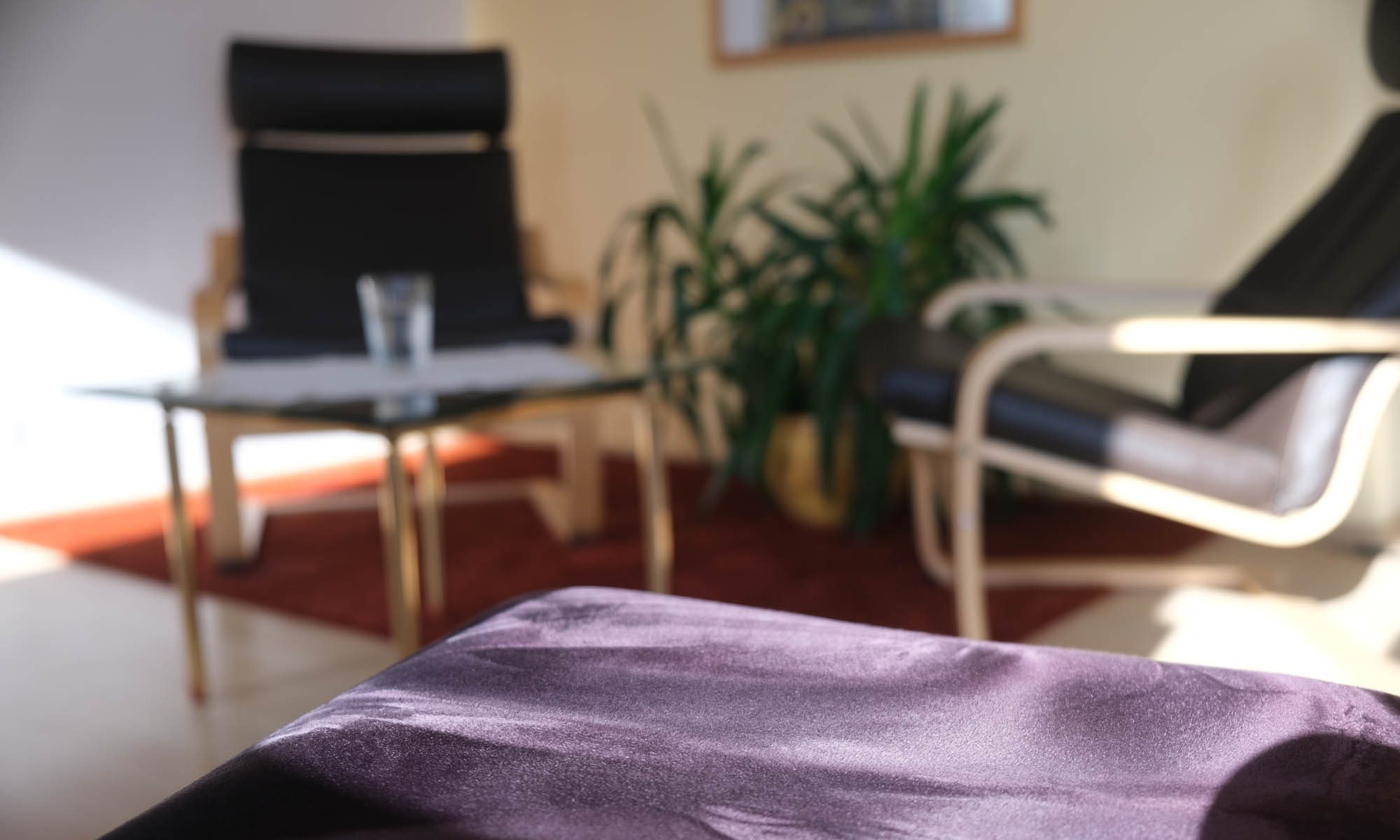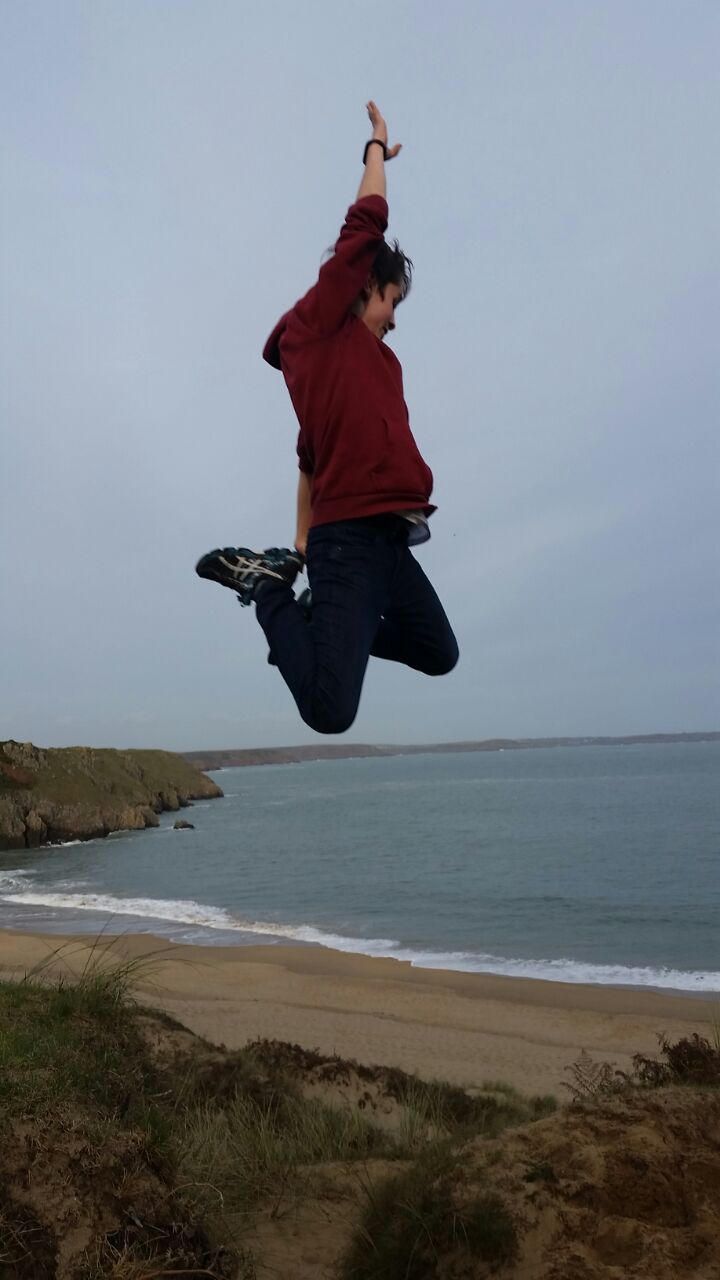
Laughter Makes You Happy & Healthy
Laughter is good for your health, or as an old proverb goes: “Laughter is the best medicine.” That sounds all well and good, but let’s face it: there are times when we really don’t feel like laughing. After all, I can’t just flip a switch and feel happy. Or can I?
We can positively (and, of course, negatively) influence our wellbeing through our bodies. Let’s take a look at what research and the legendary management trainer and author Vera Birkenbihl has to say about this.
The interesting question is: What can laughter do for us in terms of making us happy and healthy? Join me and find out.
Gelotology – The Study of Laughter
In my blog post “Power Posing – Mindset & Embodiment,” I wrote about the effects of power posing—striking “power poses.” I prefer to call it “showing posture.” My posture, both physical and mental, has an impact on my wellbeing.
This also includes my inner attitude toward life: Do I take life seriously or with humour? It’s scientifically confirmed that laughter is healthy. When we laugh, serotonin is released in greater quantities—also known as the happiness hormone. The study of laughter and its effects on physical and mental health is called gelotology.

Vera Birkenbihl – Joy Hormones Devour Fight Hormones
Vera Birkenbihl’s lectures are legendary, and so is her saying: “Joy hormones devour fight hormones.”
If you want to harness the healing power of laughter, you need to consciously trigger stimuli that encourage laughter. In her November Happening at the Technical University of Munich, Vera Birkenbihl gave a very entertaining guide to boosting your mood.
Smile for 60 Seconds – Just Like That. Yes, it works; most of the time at least. And it can even take on an absurd quality, especially when you’re not in the mood for laughter.
Let’s say you’re really not in the mood to laugh. You’d rather nurture your bad mood and irritate everyone else with it. Or perhaps you go to the loo to laugh. While you’re sitting there, try a big grin. It’s so absurd that you might start laughing. That could happen to me for sure. 🙂
No Change of Place Possible? Try tying your shoes while pulling the corners of your mouth up to your ears at the same time. It’s also a wonderful stretching exercise for your back and legs—killing two birds with one stone. Trust me, your smile will go unnoticed. Most people won’t bend down to see what you’re doing down there.
Vera Birkenbihl presented this in such a funny and impressive way. Sadly, she passed away in 2011. But her performances remain and continue to inspire.
Sometimes, though, it’s also okay to embrace your bad mood. A few years ago, my son and I missed the ferry in Dover because things were moving much slower at our check-in than at the others. The cars waiting at the other counters got all on the earlier ferry. But not us.
The consequence: an hour-and-a-half wait. We had been travelling for about 11 hours in total, so you can imagine how much we were looking forward to getting home sooner.
So, we had some extra time to kill at the port. No, I wasn’t in the mood to put on a smile and, instead, I nurtured my bad mood. It felt good, and when we finally got home, I was in high spirits again. 🙂

Does a Fake Smile Make Us Happy? Here’s What the Research Says:
A study led by Dr. Nicholas Coles from Stanford University looked into this question.
The researchers involved in the study included supporters, skeptics, and fence-sitters—in other words, undecided participants.
They divided the participants into three groups: One group was asked to imitate the photo of a smiling actor. Another group was instructed to pull the corners of their mouth upwards. The third group was asked to bite a pen without touching it with their lips.
In each of the three groups, half of the participants were shown funny pictures during the experiment, while the other half stared at a blank screen.
Additionally, there were other tasks, such as solving math problems, to obscure the main purpose of the study.
After each task, the participants were asked to rate how happy they felt at that moment.
Results of the Study
After analysing the data, the researchers found the following: There was a clear increase in happiness when participants mimicked the smiling actor’s photo or pulled the corners of their mouth towards their ears.
The pen-biting method did not produce the same results.
Dr. Coles commented on the findings: “Smiling can help people feel happy, while frowning can make them feel angry. Therefore, the conscious experience of emotions must, at least in part, be based on physical sensations.”
However, he pointed out that the effect is not strong enough to overcome depression. In such cases, deeper support is required.
In summary, we can conclude
A smile can trick your brain into thinking you’re happy. This triggers the release of happiness hormones and boosts your mood.
Short & sweet: Laughter makes you happy and is the best medicine. It makes us feel wonderfully alive.
Children always show us this so beautifully. 🙂

Are you interested in personal development,
- but feeling a bit overwhelmed and looking for additional or deeper support?
- noticing that you’re not making progress on your own?
-> If so, my coaching might be just what you need. Some topics are more complex and require a more in-depth approach. Feel free to book a free introductory call.
Interested? I look forward to hearing from you.
Did you enjoy my post? If so, I’d be grateful if you could share it, especially if you’re on social media. If you subscribe to my newsletter, you’ll receive my posts automatically.




